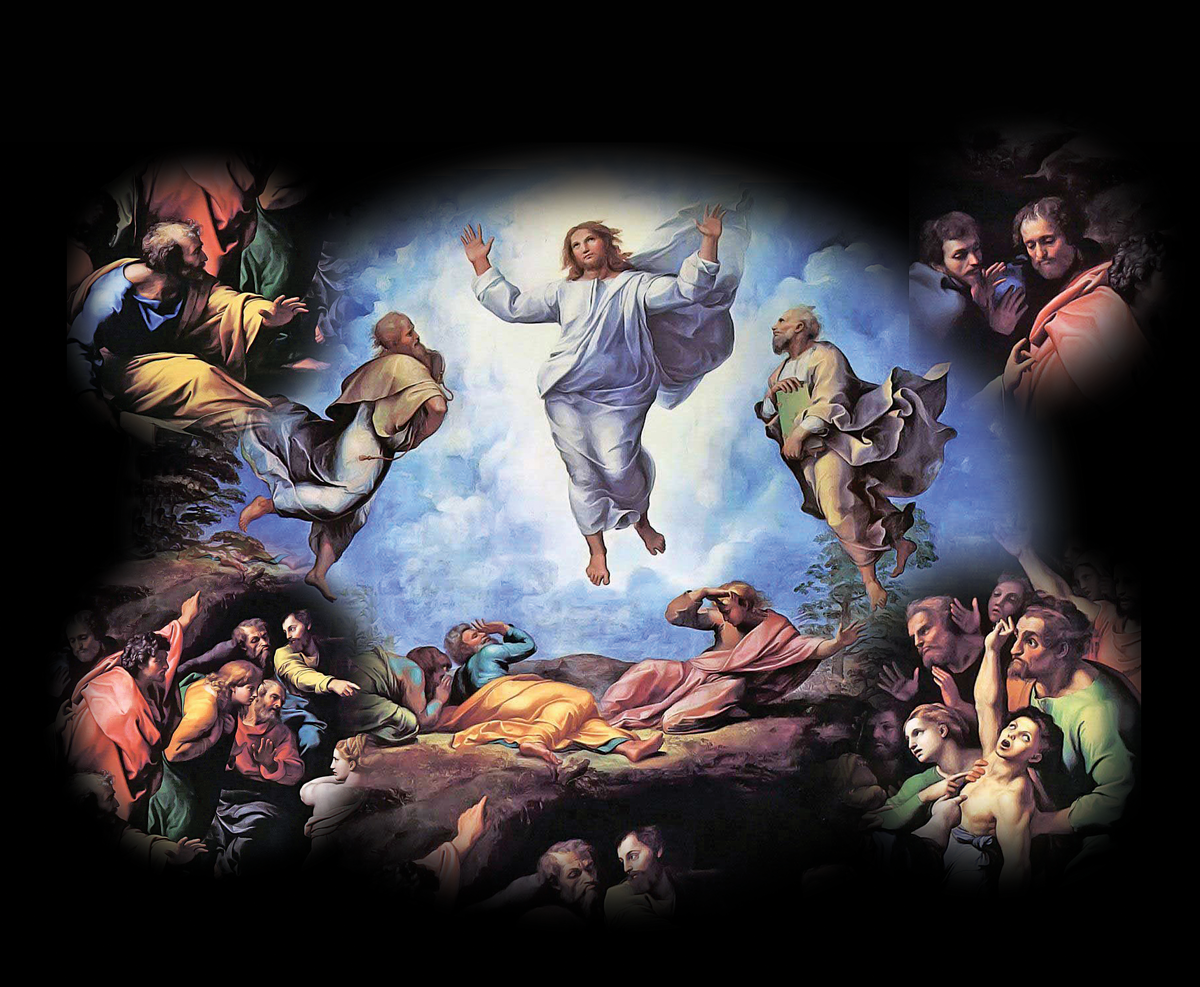DEVOTION –
Epiphany
“This beginning of signs Jesus did in Cana of Galilee, and manifested His glory; and His disciples believed in Him” (John 2:11)
“Now that was a glorious sight!”
That’s what we might say after viewing a magnificent natural landscape or the star-filled sky on a clear night. Nature can be glorious because it is the handiwork of God (Psalm 19:1). Something of His divine glory shines in it, even if many who gaze in awe at the Grand Canyon do not acknowledge it.
 The glory of God that we see in His creation is that of His power and wisdom, and even His goodness to mankind (Acts 14:15-17). But His glory is also seen in His other attributes: that He is holy, just, all-knowing, present everywhere, and eternal. Furthermore, His glory is especially seen in His grace and love, which are revealed on the pages of Scripture.
The glory of God that we see in His creation is that of His power and wisdom, and even His goodness to mankind (Acts 14:15-17). But His glory is also seen in His other attributes: that He is holy, just, all-knowing, present everywhere, and eternal. Furthermore, His glory is especially seen in His grace and love, which are revealed on the pages of Scripture.
In the season of the church year called Epiphany, we learn of the glory of God as it was revealed in Jesus. In His miracles, the almighty power of God was revealed in Him. By these acts of power it could be seen that Jesus was the Son of the living God. The first of these took place at the wedding in Cana (John 2:1-11), where Jesus turned water into wine. With this work Jesus “manifested His glory” by doing something that only God could have done. His disciples saw it and believed in Him.Read More »A Glorious Sight









